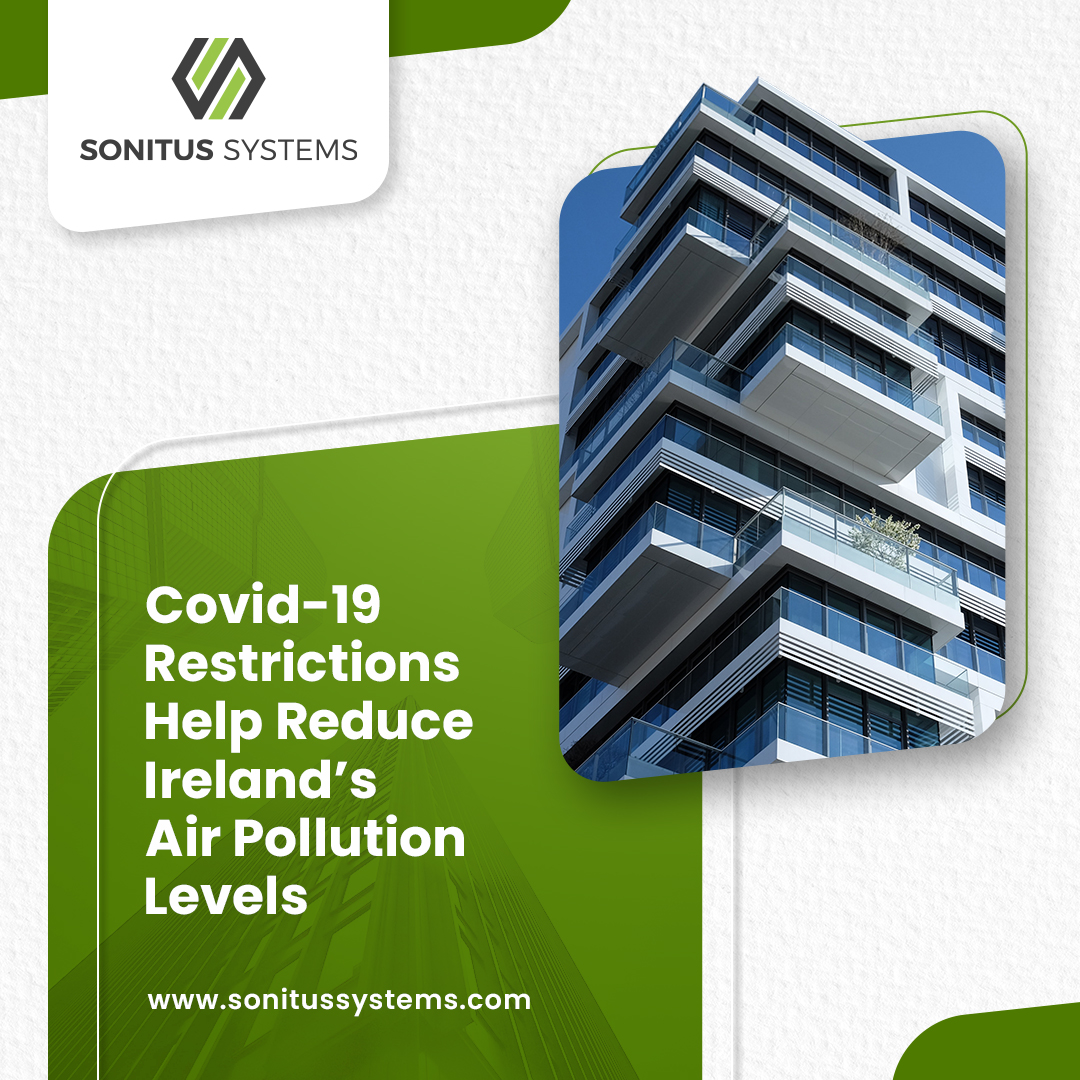“Key to reducing transport pollution and improving air quality in Ireland is decreasing traffic volumes on our roads” EPA
Poor air quality has been described by the WHO as the world’s largest environmental health threat, contributing to seven million deaths around the world every year.
Earlier this month Ireland’s Environmental Protection Agency published its latest ‘Air Quality in Ireland’‘ report, which showed that the level of air pollution from traffic last year was down on previous years. The decrease was most notable in urban areas, where levels fell by up to 50 percent. While welcome, this fall has been largely attributed to the impact of temporary Covid-19 restrictions on travel.
Speaking at the launch of the report, Director of the EPA’s Office of Radiation Protection and Environmental Monitoring, Dr. Micheál Lehane, said “As we now start to travel more, we must not lose sight of the obvious link between our journey choices and levels of traffic-derived air pollutants”.
This report also showed that the levels of sulphur dioxide and particulate matter were above the air quality guidelines specified by the World Health Organization at the majority of the 67 monitoring stations nationwide. The controversial but continuing burning of solid fuels for home heating has been blamed. The burning of solid fuels has been linked to 1,300 premature deaths every year in Ireland. In fact, the EPA noted that “levels of this pollutant are of growing concern” given the negative impacts on air quality in villages, towns and smaller cities around the country. The issue was found to be more prevalent in smaller towns than in larger urban areas such as Dublin and Cork. It went further to say that cleaner home heating choices will improve air quality. As previously referenced on this site, regulations on the use of solid fuels have already been announced and will come into force next year.
Overall, the EPA report – based on nationwide monitoring – showed that Ireland was compliant with EU legal limits in 2020 (but above WHO air quality guideline values). However, speaking on RTE, the EPA Programme Manager Patrick Byrne pointed out that 2020 “very definitely wasn’t a usual year” with Covid-19 restrictions and reduced traffic volumes leading to a significant drop in the amount of harmful pollutants produced when compared to the previous year. He also pointed out that this is not likely to be sustainable as people begin to move around freely again. The report calls for a transition to cleaner public transport and for the improving of bicycle infrastructure, together with the further pedestrianisation of roads and increased use of electric vehicles, as provided for under the Government’s Climate Action Plan.
Prior to Covid-19, levels of nitrogen dioxide recorded in Dublin exceeded the EU legal air quality limit and this was caused primarily by heavy traffic. Modelling by the EPA forecasts that legal limits will be exceeded once again if the country returns to previous transport patterns and modes of transport. In order to address this, the four local authorities in Dublin are required to produce an action plan before the end of the year.
Sonitus Systems offers both the hardware and software for a range of environmental parameters on a continual basis, with real-time information available through our Sonitus Cloud dashboard. For more details on our indoor and outdoor noise and air quality monitoring products and services, please contact the team at Sonitus Systems.
